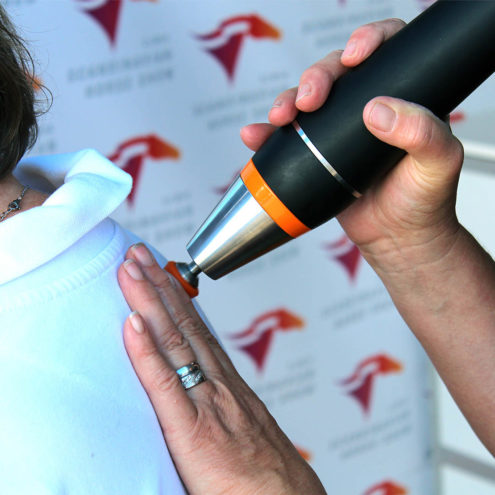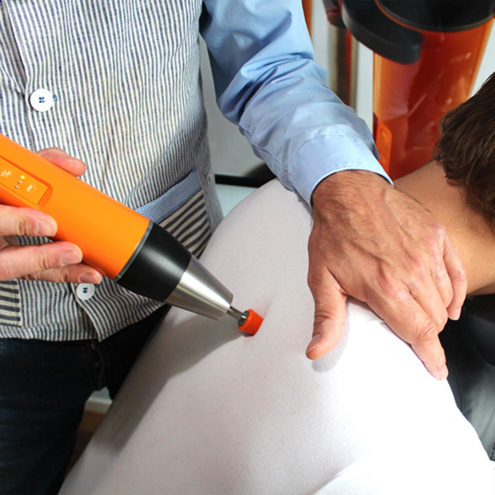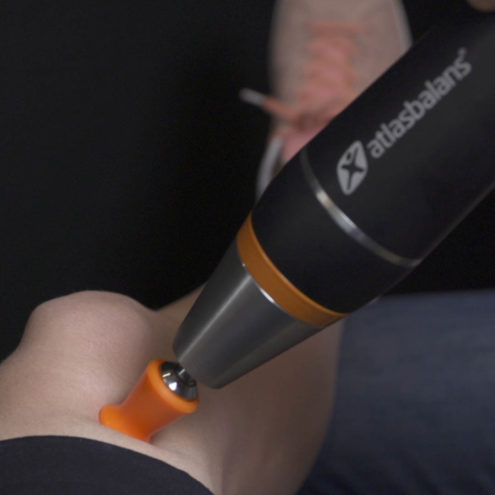Headache during pregnancy

Why do you get headaches during pregnancy?
During pregnancy, it is common to experience headaches. There may be several factors at play. Hormonal changes, increased blood volume, muscle tension and changes in blood circulation can all contribute to headaches. It is important to note to consult a doctor to rule out any more serious causes of the headaches and get a proper diagnosis.
Pregnancy involves a series of hormonal changes in the body, which can affect blood vessels and the nervous system. Increased blood volume can also lead to increased pressure on blood vessels and cause headaches. Muscle tension in the neck and shoulders can also be common during pregnancy due to increased strain and changes in posture.
Symptoms and types of headaches during pregnancy
There are different types of headaches that can occur during pregnancy, including tension headaches, migraines and hormone-related headaches. Symptoms can vary in intensity and duration. Common symptoms include pain in the head, sensitivity to light and sound, nausea and sometimes even visual disturbances.
Tension-type headache is the most common type of headache and is characterized by a throbbing pain or pressure over the head. It can be constant or come and go. Migraine is a more intense form of headache that is usually accompanied by other symptoms such as nausea, vomiting, sensitivity to light and sound, and aura (warning symptoms such as visual disturbances). Hormone-related headaches are common during pregnancy and may be linked to hormonal changes in the body.
Tips to relieve and prevent headaches during pregnancy
There are several ways to relieve and prevent headaches during pregnancy. Here are some tips:
Relaxation and rest: Make sure you get enough rest and sleep to reduce stress and tension in your body. Regular relaxation exercises and sleep can be very helpful. Pregnancy can be a physically and emotionally demanding period. It is important to prioritize relaxation and rest. Take regular breaks and give yourself time to unwind and relax. Relaxation techniques such as deep breathing, progressive muscle relaxation and meditation can help reduce tension and promote relaxation.
Stress management: Use relaxation techniques such as deep breathing, meditation or yoga to manage and reduce stress levels in the body. Stress can be a trigger for headaches, so managing and reducing stress can help relieve symptoms.
Cold or warm: Apply a cold or warm compress to the affected part of the head or neck to relieve pain and promote relaxation. Some people may experience relief with a cold compress, while others may prefer a warm compress. Try both options and use whichever feels most relieving to you.
Avoid triggers: Identify and avoid possible triggers, such as strong odors, certain foods or exposure to bright light. During pregnancy, some scents or foods may be more intense and may trigger headaches in some individuals. It may be helpful to keep a diary of possible triggers to identify patterns and avoid them in the future.
Avoid overexertion: Be careful not to overexert yourself and avoid heavy lifting or strenuous activities. Take regular breaks and listen to your body’s signals to avoid unnecessary stress and tension. During pregnancy, your body’s tolerance for physical exertion may change. It is important to listen to your body and avoid excessive exertion or activities that may increase tension in the neck and shoulders, which can lead to headaches.
Fascia treatment for headache relief during pregnancy
Fascia treatment can be an effective complement to traditional methods to relieve and prevent headaches during pregnancy. By focusing on releasing tension and imbalances in the fascia around the neck and head, fascia treatment can help reduce pain, improve blood circulation and promote relaxation.
Fascia is the network of connective tissue that surrounds and connects muscles, organs and structures in the body. During pregnancy, the body’s center of gravity and the composition of the fascia change. This can create tension and imbalances in the muscle fascia that can trigger headaches. Working with the fascia can release these tensions and improve muscle mobility, which can relieve headaches and promote relaxation.
It is important to consult a certified fascia specialist for individualized advice and treatment recommendations based on your specific situation and symptoms during pregnancy. Be sure to follow their advice and customize the treatment according to what feels most comfortable and effective for you and your unborn baby. An experienced fascia specialist can offer techniques and treatments that are safe and gentle for pregnant women.
In summary, headaches are common during pregnancy due to hormonal changes, increased blood volume, muscle tension and changes in blood circulation. It is important to follow tips to relieve and prevent headaches and perhaps explore fascial therapy as a complement to traditional methods. Always remember to consult with your doctor or specialist to ensure you receive the best possible care and treatment.
 Search
Search


































